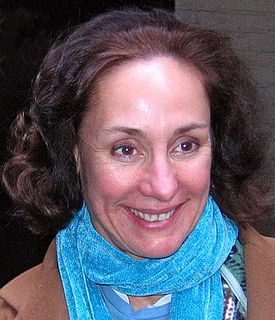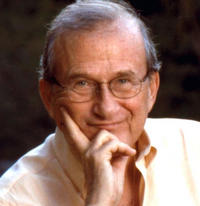A Quote by Nelson Algren
You don't write a novel out of sheer pity any more than you blow a safe out of a vague longing to be rich. A certain ruthlessness and a sense of alienation from society is as essential to creative writing as it is to armed robbery.
Related Quotes
Crossing out is an art that is, perhaps, even more difficult than writing. It requires the sharpest eye to decide what is superfluous and must be removed. And it requires ruthlessness toward yourself -- the greatest ruthlessness and self-sacrifice. You must know how to sacrifice parts in the name of the whole.
Practically everyone now bemoans Western man's sense of alienation, lack of community, and inability to find ways of organizing society for human ends. We have reached the end of the road that is built on the set of traits held out for male identity-advance at any cost, pay any price, drive out all competitors, and kill them if necessary.
For a while the creative writing community sort of sprung out of places like Iowa and Syracuse. The graduates sort of went out, and they would found creative writing departments in the little colleges where they went, and then some of those would found other ones. I mean every college has got a creative writing department, so where are the jobs coming from? There are not any jobs out there.
Before I begin a novel I have a strong sense of at least one central character and how the story begins, and a more vague sense of where things may wind up, but at some point, if the novel is any good at all, the story and characters take on lives of their own and take over the book, and the writer has to be open to that.
If I'm writing a novel, I'll probably get up in the morning, do email, perhaps blog, deal with emergencies, and then be off novel-writing around 1.00pm and stop around 6.00pm. And I'll be writing in longhand, a safe distance from my computer. If I'm not writing a novel, there is no schedule, and scripts and introductions and whatnot can find themselves being written at any time and on anything.
In my own life I studied music, not creative writing; I see a novel as music - an opening as an overture, themes and subplots as lines in a fugue. The chance to write a novel about a musician boxed in by all kinds of limitations but who plays out his ultimate struggle for freedom at the piano was irresistible.
People didn't know certain things about me, which... I was out of creative writing class in school, Syracuse University; had a B.A. in English and wanted to write the great American novel but I also loved rock and roll. I was in bar bands all through college, playing fraternities and have to know all the songs in the top 10. That kind of thing.






































